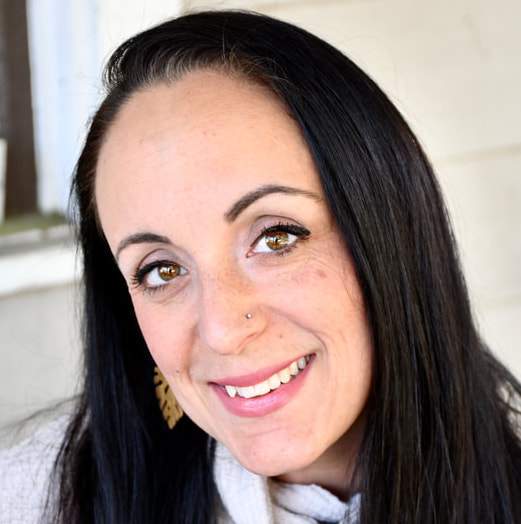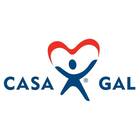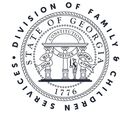|
My Expectations. When I imagined being a CASA, my dream was to form a meaningful relationship with a child in crisis who needed an encouraging friend. I would be someone who really knew them and be their support during a stressful time. I believed that I could make a difference, even if I didn't understand all aspects of the child welfare system. I would study, take notes, and learn. I would ensure that my child would get everything needed after being removed from the only home they have known.
I had heard that "the system is broken" my whole life. I believed I found the perfect way to be a part of the solution and make a difference from the inside. I imagined deep conversations with my child as I told stories of my own childhood and how I enjoyed outings for ice cream on special days to celebrate. As I went through CASA training, I couldn't wait to meet the child I would get to know and love. I would earn their trust with tender smiles and soft, kind words full of hope. The Journey Begins. Then I was assigned my first case. I certainly never expected to be given a sibling group of three special needs, non-verbal children, one of whom we discovered later was nearly deaf. I thought, "Okay, how am I going to have deep conversations with these children and learn how they feel? How can I explain what is going on when they don't have language or cognitive ability to understand the situation?" What I had imagined was nowhere close to reality. I began to think of creative ways to spend non-verbal time with the children during our monthly visits. Stickers, paper crafts, picture books, and playing catch with a big bouncy ball took the place of heart-to-heart talks. I discovered that smiles and fist-bumps will transcend language barriers. Committed and Caring Adults. Since I could not speak with the children, I talked to their foster mom and other significant adults in the children's lives. This included their DFCS case manager, teachers, behavioral aids, interpreters, occupational and speech therapists, transporters, audiologists, psychologists, doctors, and dentists. Most of these adults will temporarily be in their lives, and some will be more consistent. In short, there are A LOT of new grownups in their lives, and A LOT of big changes since they came into care. I was committed to figuring it all out. Above all, I am grateful for the faithfulness of their foster mother. Taking good care of children with special needs 24/7 would be difficult for anyone, but she is fiercely dedicated to providing stability and consistency. They have developed and grown because of her enduring love and care. I know that sometimes foster children get moved around or even separated from their siblings, causing more trauma. However, "my" kids have been allowed the necessary time to heal and learn. Foster parents like her are the world's true heroes. She has shown me what it really means to love. I am determined to be consistent in the children's lives. As a CASA, I will have this case as long as they are in foster care. We may not have meaningful talks, but I believe they know I am on their side. And I've not given up on the hope of conversations yet! As they are being taught ASL, I am learning sign language myself. Now, my dreams include giving sign language explanations when they don't understand and, importantly, asking them directly about their needs and hopes. Only God knows what I will do with this new skill. These special children have taught me how to change my expectations when necessary. I have reaped benefits that I couldn't even imagine. I also have deep gratitude for the juvenile court judge in the children's case. He shows patience, compassion, and respect to the people in his courtroom. Even after hundreds of cases, he remembers the humanity of the people before him who are hurting. He rises above the fray to ensure justice for children who can't speak up for themselves. The wisdom and rightness of his decisions impress me. He shows me how powerful humble discernment can be. I'm Still Learning. My case is so complex, and there is heartache in the messiness. While the system isn't perfect, I have hope for my CASA kids. They have a capable, caring team of adults on their side. As a CASA, I am a part of the solution. I advocate for ways that can impact these children's lives for the better. I have learned that being their advocate is the most meaningful relationship I could have, even if we never get to have that heart-to-heart conversation.
0 Comments
Leave a Reply. |
Brightside
|
Brightside Advocacy761 Wheaton Street, 5th Floor
Savannah, GA 31401 |
Links |
Contact Us |
FUNDING PROVIDED BY:
Website by FreshWorks Media



 RSS Feed
RSS Feed








